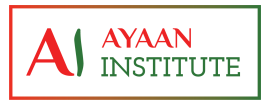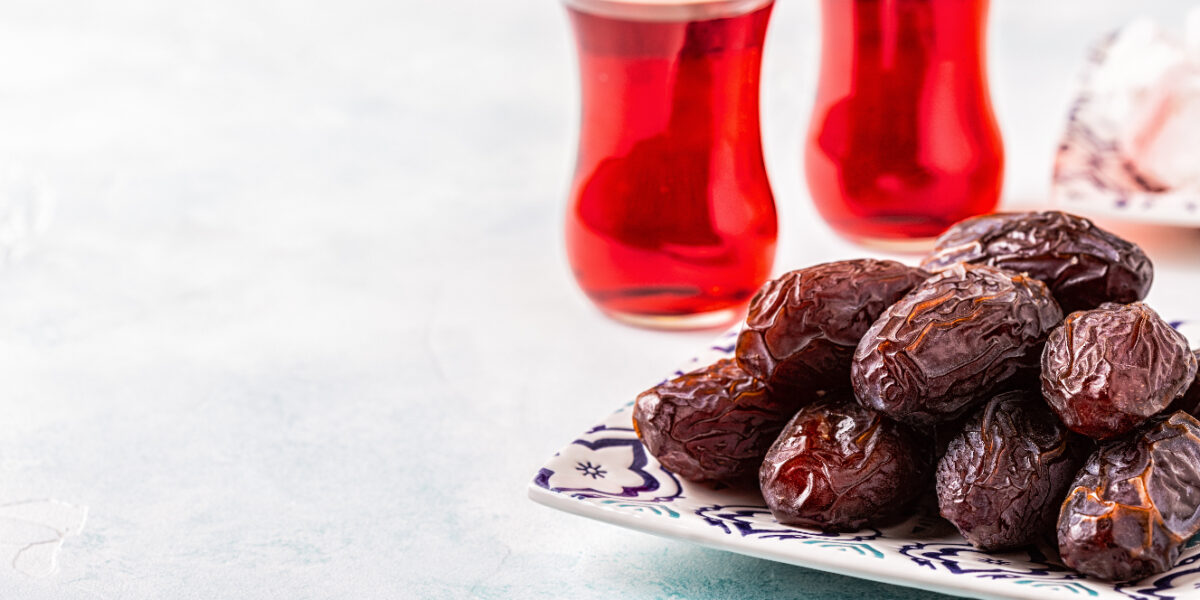The Muslim world today consists of 53 Muslim majority nation states and around 1.8 billion people. Millions of Muslims also live as minorities in non-Muslim majority states. The global Ummah includes people of different cultures, ethnicities, and tribes. There are millions of Muslims being persecuted around the world, many living as refugees or displaced people. We have so many divisions and hatreds, even wars among ourselves today, that we appear not to be in compliance with the verse in the Quran that instructs us not to be divided.
“Hold fast together to the rope of Allah and never be divided. Remember the blessing that Allah bestowed upon you: you were once enemies then He brought your hearts together, so that through His blessing you became brothers. You stood on the brink of a pit of fire and He delivered you from it. Thus, Allah makes His signs clear to you that you may be guided to the right way.” (Al-Qur’an 3:103)
This verse refers to a time before the new political order of Brotherhood based on Islam (Ummah) was established by the Prophet Muhammad ﷺ in Medina. Different tribes were engaged in warfare, and revenge blood feuds for long periods of time. As the verse states it was Islam that brought their hearts together and bonded them in a brotherly solidarity.
This message of brotherhood is reaffirmed in the farewell message of the Prophet Muhammad ﷺ.
“Oh people, believers are but brothers. No one may take his brother’s property without his full consent. Have I given the message? —Oh Allah, be my witness. Never go back to being unbelievers, smiting each other’s necks, for verily, I have left among you that which if you take it, you will never stray after me; the Book of Allah. Have I given the message? —Oh Allah, be my witness.”
A few days before our beloved Prophet Muhammad ﷺ passed away, he also reminded his companions of this verse, their previous condition, and enjoined them not to return to that state.
Yet whilst we may well be divided today, and the notion of a unified Ummah seems far away, the key pillars and rituals of our faith encapsulate unity and brotherhood. No one is a believer unless they believe in Allah (swt) and that Prophet Muhammad ﷺ is the last messenger to be sent to mankind. We all believe the Quran is the direct word and guidance of Allah (swt) for all times. We all believe that the Prophet Muhammad ﷺ is the best standard of human conduct for mankind.
In every Salah we seek forgiveness, not just for ourselves and our parents, but all believers. Muslims all around the world also pray in the same direction towards the Kaaba, in fundamentally the same way, at the same periods of the day. Every Muslim around the world learns to recite the Quran even if it is not in their own language.
Our Zakat, Sadaqah and other religious dues are not confined by the borders of any nation state, they apply to causes all around the world. The notion of brotherhood and Ummah is central to Muslim global charitable work.
The Hajj is the biggest multi-ethnic religious ritual in the world, in which all symbols and divisions of race, sex, wealth and class disappear for its duration. Even at death we make dua and seek forgiveness for all deceased Muslims when entering a graveyard to visit our own family members.
Ramadan however is a great example of Muslim brotherhood, unity and Ummah. At the same time around the world, (give or take a day or so), 1.8 billion Muslims, usually even non-practising ones, will spend a month fasting purely for the sake of Allah (swt). Muslims will go to mosques and carry out additional prayers en mass. They will recite or listen to the the Quran throughout the month. We will give millions in Zakat and Sadaqah to other Muslims who are suffering around the world. We will start and end the fast with sumptuous food but remember those who are not able to have or enjoy food. Muslims will share the pangs of hunger and thirst of those least fortunate in the Ummah, regardless of their backgrounds. It is a month in which we will restrain our anger, language and desires. At the end of it all, we will celebrate Eid everywhere.
Ramadan then binds the Ummah together in remembrance of Allah (swt) and fellow Muslims in a joyous unity. Muslims’ feelings of love, compassion, forgiveness, mutual aid, and solidarity are strengthened still further. Fasting, remembrance of Allah (swt) the poor, and praying for each other, increase our moral virtues, spirituality and heighten our consciousness of others. This spiritual unity created in the month brings our hearts closer together as enjoined in the verse of the Quran 3:103:
“ … Remember the blessing that Allah bestowed upon you: you were once enemies then He brought your hearts together, so that through His blessing you became brothers…”
This profound verse states clearly that only through the blessings/guidance of Allah (swt) can the Ummah be unified, and for that to happen we need to develop love and unity for each other in our hearts first. What a blessing Ramadan is then, which each year brings back the hearts of the believers closer together again and increases the state of mutual love. A time when many family ties that were once broken are strengthened and grudges forgiven for the sake of Allah.
It is therefore not surprising that Muslims around the world look forward to this month and feel sadness when it departs. A global community that looks forward to a month of sacrifice, deprivation, and constant prayers is truly unique. The unification enjoyed during Ramadan must act as a standard for Muslims throughout the rest of the year. It is the need of our times. We also must do it to fulfil the reminder of Allah (swt) in the Quran, revealed in this holy month as a guidance not just for Muslims but humanity.
The believers are but brothers, so make settlement between your brothers. And fear Allah that you may receive mercy.” (Quran 49; 10)
“And verily this Ummah of yours is one Ummah and I am your Lord and Cherisher, therefore fear Me and no other.” (Quran 23:52)
Ramadan Mubarak to the Muslim Ummah. May Allah (swt) unite our hearts in this blessed month and beyond.



Leave a Reply